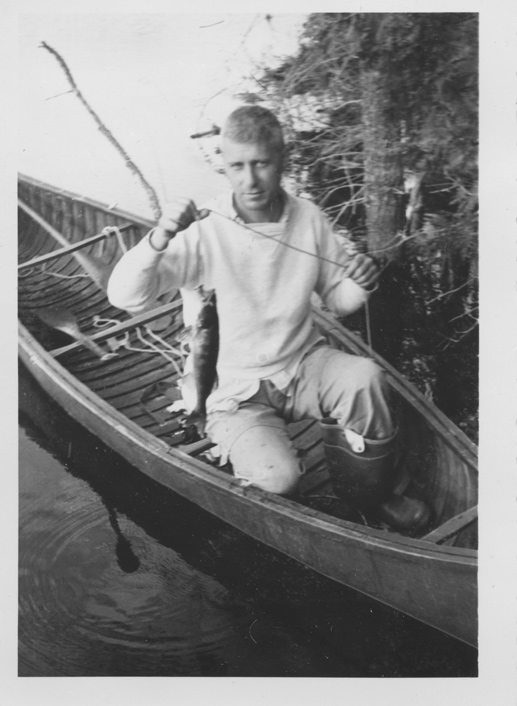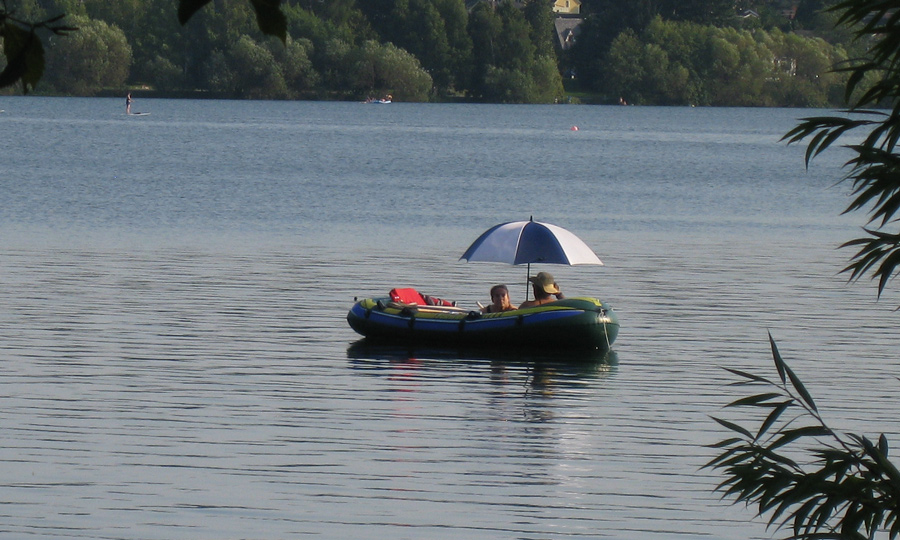
I’ve been binge reading throughout this seemingly endless heat wave, and, as even the most diehard fans of Jane Austen know, there comes a time when you simply can’t reread all her books more than once a year, and the search to find novels of a similar caliber is an exercise in frustration.
So many novels are embellished with blurbs and quotes hailing this or that young darling as the “new Jane Austen,” yet, in spite of my sincere desire to find even one who comes close to that droll tone of refined humor, I’ve yet to find a writer who can walk a mile in Jane’s shoes. Or write a page with her pen, whatever.
However, last week a friend loaned me his copy of an out-of-print book by Sylvia Townsend Warner. It hit me like a cool breeze in this stifling August.
I had completely forgotten about Warner, though her name rang a distant bell. She was an English poet, born in 1893, and her writing reflects something of the constraints of her time. Her first novel, Lolly Willowes, starts out in the mold of many Victorian novels, as the story of a young woman forced to abandon her dreams of independence. When she is unwilling to marry, she’s condemned to a life of familial servitude in her brother’s household. For twenty years. Right? Twenty years down the tube, minding the nieces and nephews and helping out around the house in the name of propriety. I was reading this feeling the sort of bitchy twentieth century irritation and hoping for some sort of improbable romantic twist, but what happens took me by surprise.
Spoiler alert. She sells her soul to the devil to gain her freedom to live her own life. Yeah. I know. I didn’t see it coming either. But what makes it great, what makes it funny, what makes the story such a breath of fresh air, is that the devil isn’t some badass guy with a pitchfork and an evil agenda. No sirree. He’s just a genial character doing business, like his competition on the top floor. He’s out to capture the soul market, and he’s willing to make a deal.
The conceit here is classical, but the writing is so deadpan, so finely tuned to the fierce passion of this plucky spinster, that you can’t help but cheer for her. Okay, so maybe she’s a little bit nuts. But who isn’t?
Anyway. The underlying issues of women’s rights and the mystery of life in general set the novel apart. The writing dances on the borderline between fantasy and philosophy, an area Warner continued to explore in her second novel, Mr. Fortune’s Maggot, which upends the trope of the missionary who goes to a remote tropical paradise and attempts to convert the natives. He is spectacularly unsuccessful at this, but, to his astonishment, he is utterly transformed by the friendship of one charming native boy. Laced with gentle satire and wisdom, the story further illustrates Warner’s wit and compassion.
I was surprised to learn that Lolly Willowes was chosen as the first selection of the Book of the Month Club, newly formed in 1926. Somehow I would have expected them to launch with a more conventional story. Yet I guess they knew what they were doing. Nothing sells like controversy with a hint of scandal. It was true in 1926. Still true today.












